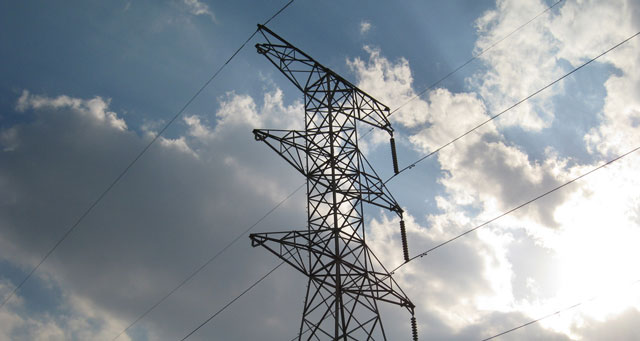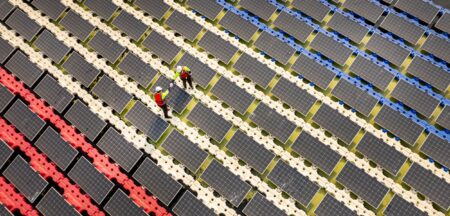
The country is not experiencing a power supply crisis, Eskom said on Monday.
“There is no crisis at Eskom. I think the way Eskom gets reported on creates the perception of a crisis,” CEO Tshediso Matona told reporters in Johannesburg.
Matona said the power utility needed financial stability and additional power to make sure electricity supply was reliable.
Eskom sold power cheaply.
“We sell electricity below cost compared to other countries. We have spoken about this before… It is a matter of policy implementation, which we do not do ourselves.”
Eskom did not anticipate implementing its stage three schedule of rolling blackouts again this month, he said.
“We will probably not go into stage three from this difficult patch, but that will rely on additional power capacity going forward,” Matona said.
Stage one allows for up to 1GW of the national load to be shed, stage two for up to 2GW and stage three for up to 4GW.
Matona earlier apologised for recent power blackouts. “The events were completely unexpected, especially on Thursday and Friday,” he said.
Stage two blackouts went into action on Thursday and stage three on Friday. Eskom was doing everything possible to manage the outages, Matona said. “It really pains us to have to loadshed. We know the public is not pleased.”
He said a complete blackout would spell disaster for the country. “We loadshed out of responsibility… A complete blackout would be catastrophic and can take weeks to recover from.”
He said the power system would remain tight until the Medupi and Kusile power stations started producing power, probably in 12 to 18 months. Medupi was expected to be online by 24 December.
“We may not meet the target, and could see Medupi coming online in early January. We expect to see full power production from Medupi within six months thereafter.”
Work on getting the Majuba station in Mpumalanga to full capacity was continuing. “An average of 1 800MW is being fed to the national grid per day. Following the collapse of a silo, five units are running fully,” he said.
Majuba was able to generate 2,9GW during peak periods. Group executive Matshela Koko said he led an investigation into the collapse of the silo at Majuba. “Majuba is urgent… Yes, we had a second crack at Majuba, and we will soon take the public into [our] confidence,” Koko said.
Matona said the blackouts had also affected customers in neighbouring countries. “There is a perception that we loadshed but continue supplying neighbours with electricity. That is not so, cross-border customers are also affected.”
Matona said electricity supply was expected to be constrained in February and March because of budgetary constraints. “Our financial director is looking at options in this regard,” he said. The power supply would depend on the availability of diesel during the period. Eskom used 140m litres of diesel to produce power in November.
“We have had situations during this past week where the ordering of diesel was delayed due to budget constraints,” said Matona. “Sometimes, in terms of logistics, things do not go smoothly between us, PetroSA and other suppliers,” he said. — Sapa




